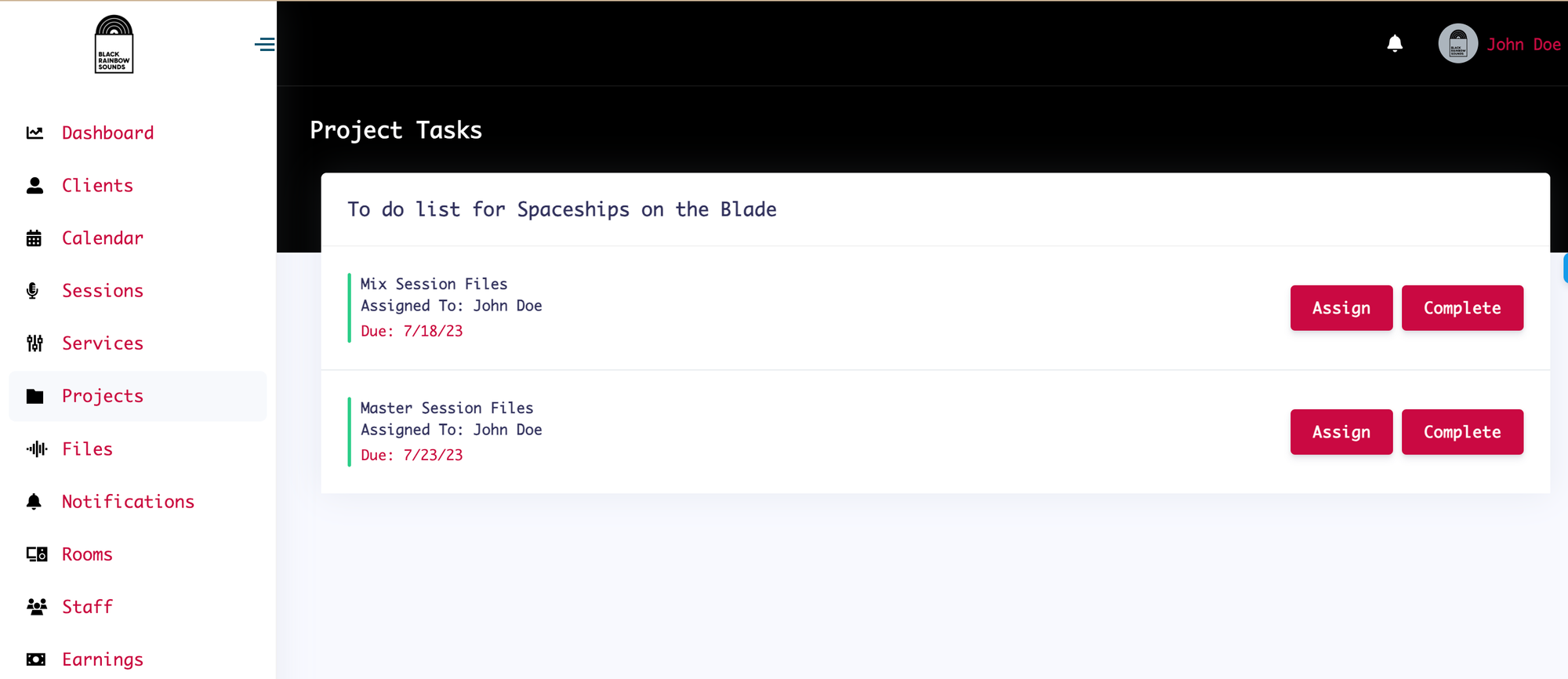Maximize Time in the Studio: Task Management Tips for Recording Studio Managers

As a recording studio manager, you know how important it is to maximize efficiency and get the most out of your time and resources. But with all the tasks that need to be done, it can be hard to know where to start. Luckily, there are a few task management tips that you can use to help you get organized and make the most of your time in the studio.
In this article, we’ll discuss how to make the most of your time in the studio by breaking down tasks into manageable chunks, creating a workflow system, and utilizing task management software.
We’ll also provide some practical tips to help you maximize efficiency in the studio and make sure that you’re getting the most out of your time and resources. With these tips, you’ll be able to work smarter, not harder, and get the most out of your studio time.
Why Task Management is Crucial for Studio Managers
If you’re in charge of managing a recording studio, it’s important to be organized and efficient. But, there are a few key ways that you can use to optimize your time, increase productivity, and make sure that you’re getting the most out of your studio managers.
First, it’s important to break down tasks into manageable chunks. Large, unachievable goals are great in theory, but they’ll take much longer to accomplish. Chunking your goals into smaller pieces makes it easier to stay motivated and see results. Now, if you’re trying to record an entire album in one day, that’s an entirely different story! But, most studio tasks are much more manageable and realistic when broken down into manageable chunks.
Next, it’s important to create a workflow system. A workflow system is a set of rules that you follow when recording music. It outlines what happens when, and helps to keep everything organized and flowing smoothly.
A great workflow system will help you to keep track of all your tasks, assign them to the people who need to complete them, and keep everything organized. It’s also important to keep track of time spent on different tasks, which will help you to get an accurate picture of your effectiveness.
Breaking Down Tasks into Manageable Chunks
While there are no set rules to follow when it comes to how best to organize and break down tasks, there are some general guidelines that may help to get you started. First, think about how you want to break down the tasks that need to be completed. You may want to break them down into smaller chunks based on the type of work that needs to be completed.
For example, let’s say that you need to print marketing materials for your upcoming event. You may break down the task of printing marketing materials into the following tasks: finding a design, contacting the printer, choosing a design, getting the design into a format that the printer can use, and printing the materials.
Next, think about how long each chunk of work will take. This will help you to determine an appropriate time for breaks throughout the day and time to start and stop tasks. For example, if you’re printing marketing materials for your next event that will take five hours, it’s important to have a system in place for taking breaks. Likewise, if you’re sending out a lot of emails, it’s a good idea to set a time to stop and take a break.
Creating a Workflow System
After you’ve broken down tasks into manageable chunks, and you’ve created a workflow system, you’ll want to start using it. A workflow system will help you to keep track of tasks, assign them to the people who need to complete them, and keep everything organized. A workflow system should include a way to assign tasks, a way to track the time spent on different tasks, and a way to keep track of the progress made. A spreadsheet can be a great way to track these things, and you can also use task management software, like AudioDope Studio Manager, Asana or Trello, to organize your workflow system.
Utilizing Task Management Software
After you’ve broken down tasks into manageable chunks, created a workflow system, and started using it, you’ll want to make sure to follow up. A workflow system doesn’t work if you don’t follow it. To make sure that you’re following up on tasks and keeping track of the time spent on them, you can utilize task management software like AudioDope Studio Manager.
This software can help you to keep track of time spent on different tasks and make sure that you’re following up on them, staying on top of deadlines, and staying within budget.

Conclusion
The sooner you get started, the sooner you’ll be working in the studio. Don’t wait to break down your tasks and create a workflow system with AudioDope until you’re overwhelmed with tasks.
Start small, and break down your tasks into manageable chunks and make sure that you’re following up on them. Once you get started, you’ll be glad that you took the time to get organized and make efficient use of your time!


